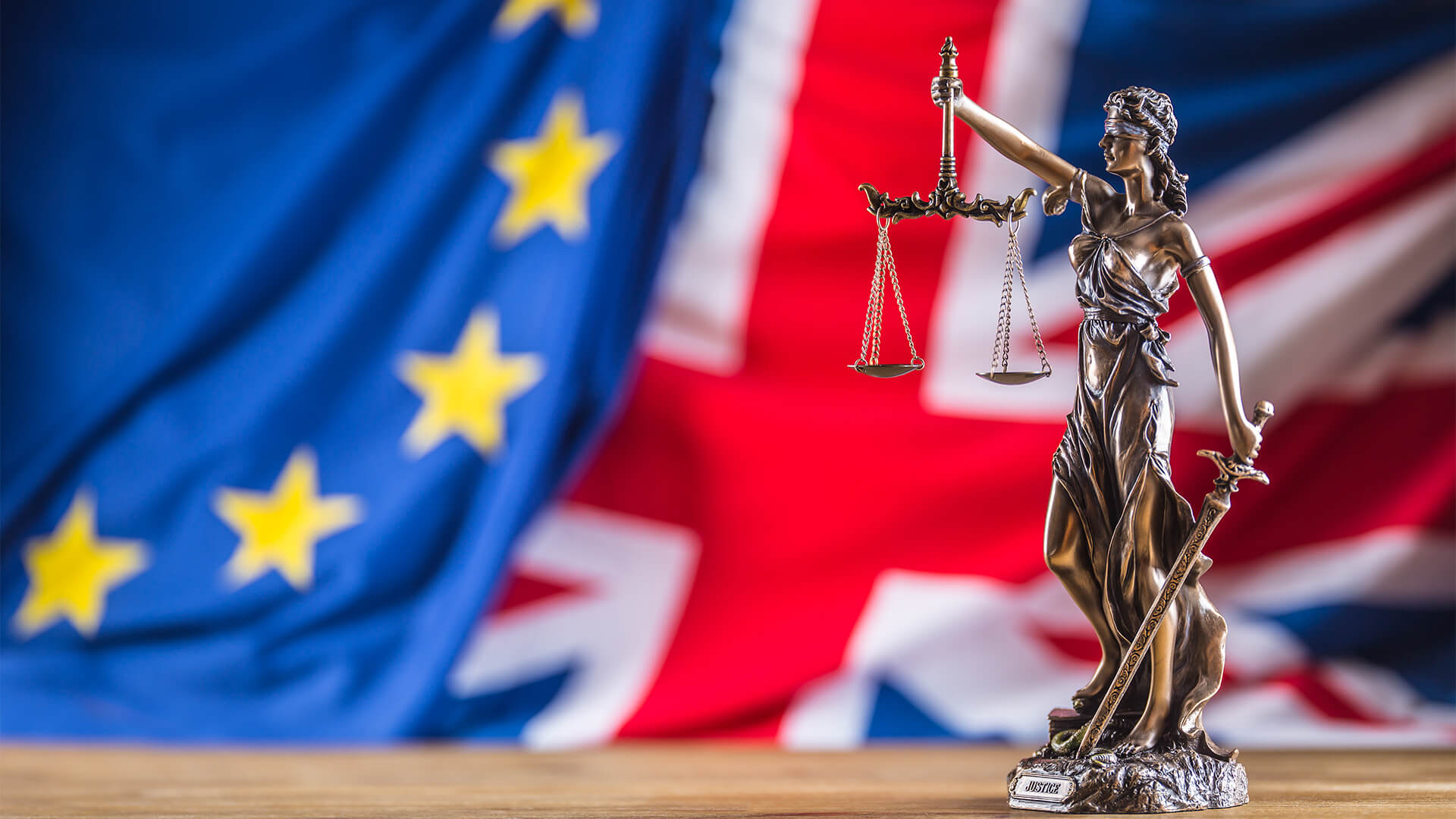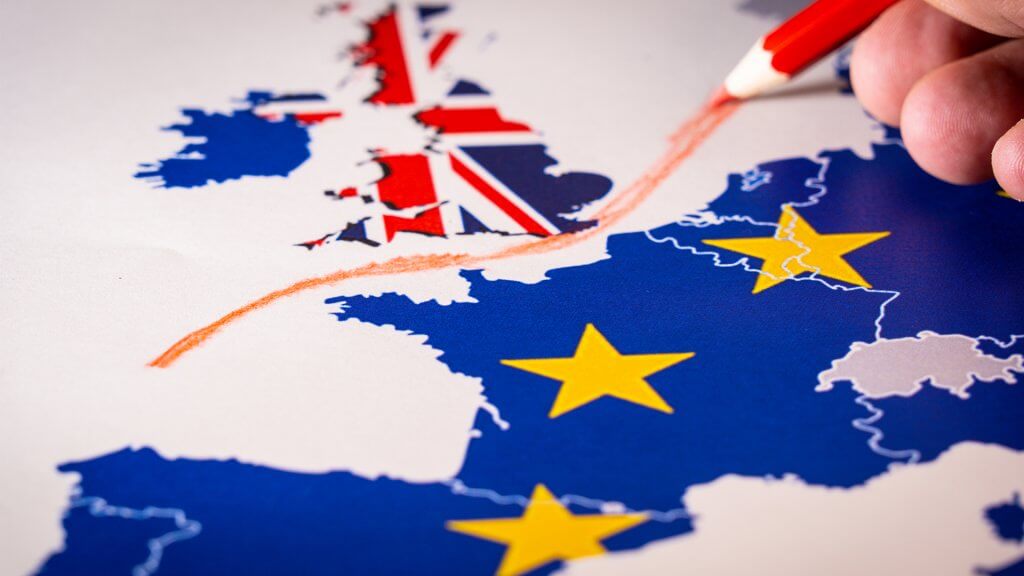Lawyers Warn Time Is Running Out, As IP Exhaustion of Rights Consultation Closes On 31 August
Many UK businesses have yet to grasp the significance of Brexit divergence and its impact on parallel trading laws, which could materially affect the way they distribute products and even their entire business models, according to specialist lawyers at national law firm Irwin Mitchell.
The warning comes as the law firm continues to support the British Brands Group and its members in considering responses to the government’s formal consultation on what the UKs future exhaustion of IP rights regime should be.
With less than 3 weeks left before the consultation closes on 31 August, there are concerns that firms dealing with the more immediate concerns of Brexit and Covid-19 may have missed the significance of the divergence between EU and UK laws on parallel trade, both in the short and long term.
Prior to Brexit, the UK was part of the EEA and a party to the EU’s regime on exhaustion of rights. This meant that when goods were placed on the market in any EEA country (including the UK), certain IPR rights which protected those goods (most notably trade marks) were considered exhausted in the rest of the EEA (including the UK). This meant that those goods could be parallel imported into and out of the UK, from and to other EEA countries, without infringing those IP rights.
That changed on 1 January 2021 when the UK’s membership of the EU and EEA came to an end. Parallel imports from the EEA into the UK remain lawful, for now, but this is no longer the case for goods travelling the other way, as IP rights in goods first marketed in the UK are no longer deemed exhausted in the EEA.
Consequently, UK firms now need to ensure that they have the right-owners’ express consent to export IP-protected goods (including branded goods which have trade mark protection in the EU) from the UK to the rest of Europe.
It also remains to be seen whether or not IP rights-owners will try to find ways (legal and commercial) to prevent the free import of protected goods from mainland Europe into the UK, now that protected goods cannot be freely exported the other way.
Irwin Mitchell has been working with the British Brands Group (BBG) and its members and other stakeholders to formulate a response to the consultation that reflects what are likely to be the varied needs and expectations of different market sectors.
Alex Newman, an expert lawyer at Irwin Mitchell, said: “Many businesses have had more pressing matters to consider in recent months, so the situation with respect to the exhaustion of IP rights regime has not received the attention it deserves. Many businesses have not fully considered the challenges and opportunities caused by the recent changes (and those which may be caused by potential future changes) to the UK’s exhaustion of rights regime.
“IPR owners, parallel traders and downstream distributors will have different interests in, and preferences for, what happens next. With such divergent stakeholder expectations and agendas, opinions on the most appropriate way forward are also likely to differ massively.
“The government says it doesn’t have a preferred option, but any change from the status quo will need careful consideration, as the implications could be wide-ranging and not obvious. That’s why it is important for stakeholders to properly consider the potential implications for their businesses, and make their thoughts known in response to the consultation.”
About Irwin Mitchell
Irwin Mitchell provides legal and financial services to businesses and individuals operating from 15 locations across the UK.
The firm is ranked as a market-leading legal services firm in the independent Legal 500 and Chambers UK guides to UK law with over 250 lawyers personally recommended.
Irwin Mitchell Scotland LLP is a separate Scottish legal practice regulated by the Law Society of Scotland and has an office in Glasgow.
For more information visit www.irwinmitchell.com






























